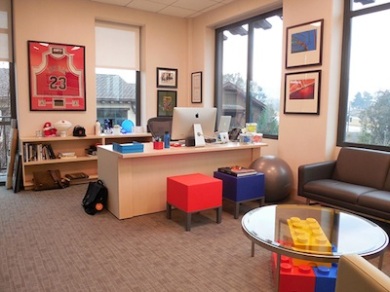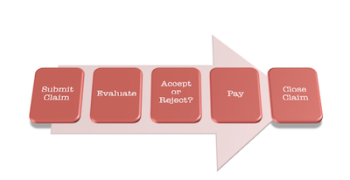Is there any value in reading books now that you can find everything online?
That’s a question that has polarized the knowledge world for a while. One group predicts the end of books now that all information is available on the internet. The other group detests the prediction arguing that books are eternal.
 Lets clarify the problem first. As in such debates, the core question gets so muddy that no one really knows what they are really arguing about. When we say books, its the old-fashioned hard-binded version that focuses on a single subject at length. That is what we are comparing with the astronomical quantity of information in internet addressing every possible subject.
Lets clarify the problem first. As in such debates, the core question gets so muddy that no one really knows what they are really arguing about. When we say books, its the old-fashioned hard-binded version that focuses on a single subject at length. That is what we are comparing with the astronomical quantity of information in internet addressing every possible subject.
Another clarification: when we say books, a physical version is equivalent to a soft copy like on Kindle. That is simply a question of different media addressing reading convenience and efficiency. The structure and nature remain the same. A book on Kindle stays a book.

